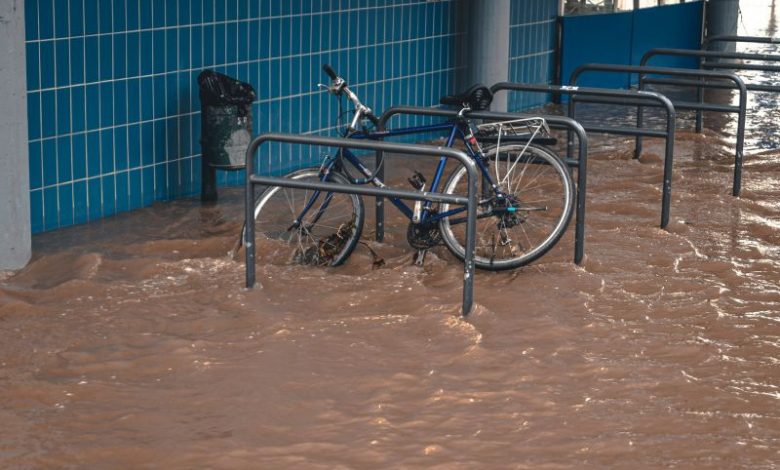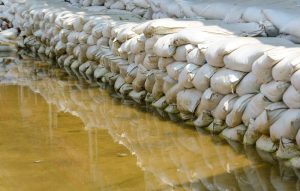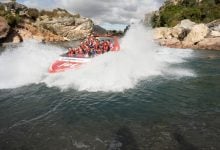New report finds NZ schools vulnerable to climate change
Many of our schools are built in coastal areas at risk of flooding from continued sea level rise, finds a new report.

Many of our schools are currently, or will soon be, at risk of flooding from sea-level rise, found a new report from the Climate Change Commission (CCC).
Detailed data analysis from RNZ found 77 schools are already considered at risk of coastal inundation should a one-in-100-year weather event occur.
With a 20 cm sea-level rise, which NIWA predicts will occur within decades in some areas, the number of schools at risk of coastal inundation rises to over 100.
Read the latest print edition of School News online HERE.
The schools in Napier, Thames-Coromandel and Buller are deemed to be most at risk from sea-level rise.
Schools already adapting
Colville School is a small school in the Coromandel that is deemed at risk from sea-level rise. The school sits close to the foreshore.
Principal Susie Sumner told RNZ that the school has already experienced a number of severe weather events which caused road closures, power outages and flooding. Sumner said the school was regularly forced to close due to power outages until they secured funding for a backup generator, which their community now relies on.
It’s just one example of how the school has begun to adapt to climate change.

“When we’re making plans we’re ensuring that whatever is put in place within our 10-year property plan, our five-year property plan… like putting a swing set in, is that we’re making a choice as to, ‘Ok, if this needs to be moved in future, are we going to be able to do it or is this the best place to put it?’” says Sumner.
She said that climate change and related weather events “is an everyday part of life and learning in our community.”
Climate change and education
Extreme weather events are being driven in-part by climate change, and severe weather is now becoming more common. That means “one-in-100-year” events are happening more frequently. For context, Cyclone Gabrielle was considered a one-in-200-year event. It caused widespread disruption to schools in the region, with many acting as emergency centres and many classes faced ongoing displacement.
It’s now being recognised that climate change poses a threat to education. Climate change creates many barriers to education including displacing vulnerable populations, saturating school capacity, destroying education infrastructure, exacerbating existing poverty and driving drop-out rates.









